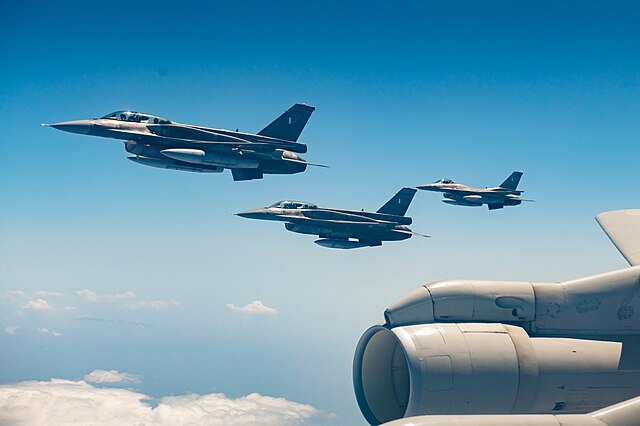“There is no perfect moment for the Iranians to strike,” says former Israeli national security adviser General (ret.) Yaakov Amidror. An analyst at the Jewish security and defense think tanks JINSA and JISS, Amidror explains to Kathimerini that “Israel has enough time to prepare for Iran’s retaliation and not to be taken by surprise.”
“The last time the Iranians attacked,” Amidror says, “it took them two weeks to launch the April 14 strike, and they are probably making the same preparation now. It also takes time to decide exactly what the ‘good’ targets are and if you are serious, which the Iranians are. It takes preparation to choose them, prepare the mechanism, and think about the consequences and it does not seem to me that there is any rush in Tehran.”
Two weeks after the assassination of the Hamas leader, Hezbollah forces are showing mobility on Israel’s northern border, while in the south the Houthis have expressed support for a possible attack on Israel. With the Israeli National Security Council drawing up plans to deal with the Iranian threat, veteran officer Amidror tells Kathimerini: “We do not know what the characteristics of the attack will be. We are now making a kind of assessment based on the experience of April 14, but no one can really understand what they have in mind and what they would prefer to do. In Israel, we are preparing for the worst-case scenario, and if they surprise us, we will have to adapt to what they will do and I hope that the preparations are good enough to deal with the threat.”
The April 1 Israeli attack on the Iranian Consulate in Damascus had provoked an Iranian response with a barrage of missiles and drones fired in the early morning hours of April 14. With many experts assessing that Tehran will go for a combined strike of precision rather than “impressiveness,” General Amidror assesses that the Iranians will try to surprise Israel in such a way that they will not have a “good response.” “If they do not succeed in surprising us, Israel has very good defense capabilities,” Amidror says, adding, “They will probably try to come up with something that is different from what they did on April 14 and can make a difference using multiple missile and rocket launch points.”
“They can also influence the Houthis, the militias in Iraq, Hezbollah itself, and try to implement a tactical attack that will not only come directly from Iran but simultaneously from many places where they have proxies, from Yemen to Iraq to Lebanon and perhaps Syria. Of course, I am not quite sure that it is in Syria’s interest, but they can do it despite Assad’s reluctance.”
With the Israeli government evacuating northern towns on the border with Lebanon, the Israeli staff is focused on dealing with daily attacks by Hezbollah, at the same time that the Netanyahu government is under fire for its continued “mismanagement” of the war in Gaza and the freeze on hostage exchange negotiations.
“Right now, the biggest challenge is that we have at least 80,000 Israelis who have been evacuated from their homes in the north and are refugees inside Israel,” Amidror stresses. Assessing the capabilities of Hamas, he notes that they are very close to disbanding. “Hamas is now a less significant military threat to Israel. We need another two to three months to finish dismantling it and move on to the second stage of the war, where we will clear Gaza of all remnants of Hamas. That will take a year.”
With Israelis weighing the possibility of a preemptive strike on Hezbollah’s military infrastructure or even Iran, many Israeli officials agree that Israel must repeat the same crushing blow to its enemies’ capabilities as it did in 1967. With American advisers warning of the disastrous consequences of such a decision, Amidror questions the predictions. “I do not think that a preemptive strike will bring all-out war,” he says, adding, “What we may see if we decide to go ahead with a preemptive strike will be a war inside Lebanon with Hezbollah, and I do not see the Iranians participating in that, and what is on the table, which is a preemptive attack on Hezbollah’s capabilities, will probably trigger a very clear-cut war between Israel and Hezbollah in Lebanon.”
With the regional war on the table, the question is whether Israel will ask for military support from Greece and Cyprus. With the experience of Israel’s security council and security doctrine, Amidror is adamant: “We do not want anyone to fight for us. Not from Cyprus, not from Greece, not even from America,” he stresses, while explaining: “One of the basic rules from the point of view of the Israeli security doctrine is that Israel will defend itself alone. We may ask for ammunition, logistics, or places to land our fighters, but Israel will defend itself.”

